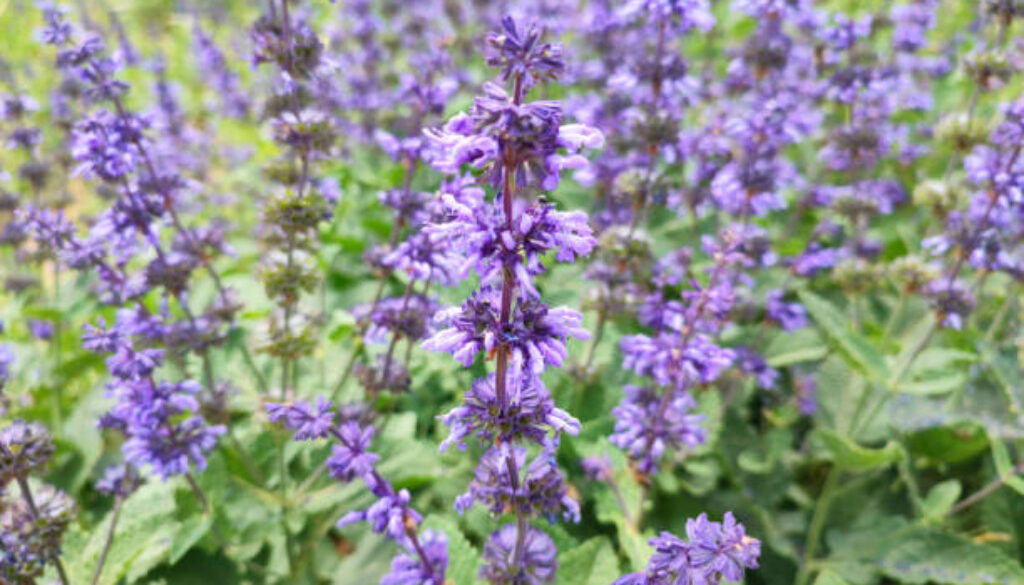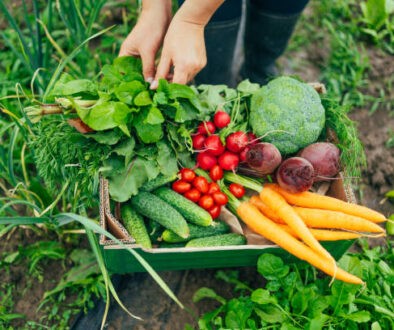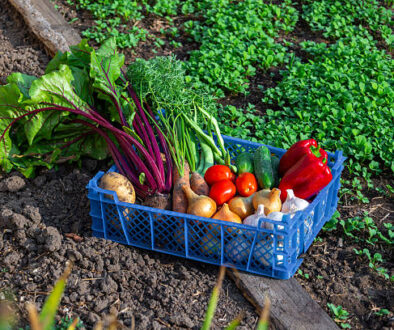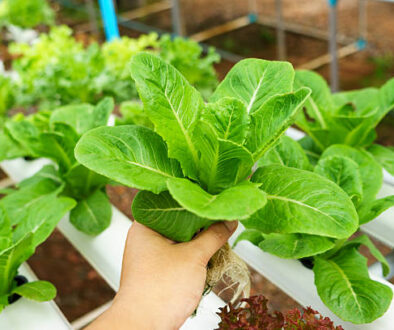9 Medicinal Plants for Everyday Ailments
This post may contain paid and/or affiliate links. I may earn a small commission at no extra cost to you.
Having a healing herbs garden at home is not just a hobby, but really it’s a practical way to manage everyday health naturally.
From soothing headaches to calming digestion, certain medicinal plants are versatile, easy to grow, and effective.
Here are 9 essential medicinal plants you can grow to tackle common ailments and support your well-being everyday.
1. Chamomile – Stress and Sleep Aid
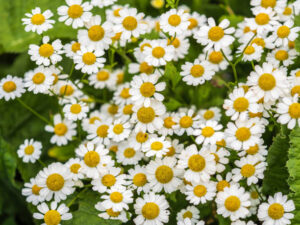
Chamomile is perfect for calming nerves and promoting restful sleep. Its flowers can be brewed into a soothing tea to ease digestion and reduce mild anxiety.
Growing chamomile in your garden ensures you always have fresh flowers on hand.
Tip: Harvest flowers when fully open and dry them for later use in teas or compresses.
Related:
- The Most Important Plants That Are Probably Missing From Your Backyard (Medicinal Plants)
- Mistakes to Avoid When Growing a Medicinal Herb Garden
- How to Create a Complete Natural Pharmacy in Your Backyard
2. Peppermint – Digestive Support
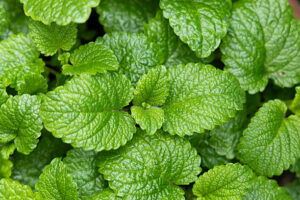
Peppermint is a powerhouse for digestion and headaches. A cup of peppermint tea can relieve bloating, nausea, or mild stomach discomfort. It spreads quickly, so planting it in a pot helps keep it contained in your garden.
Tip: Crush fresh leaves to release essential oils for instant tea or inhalation.
3. Lavender – Relaxation and Antiseptic
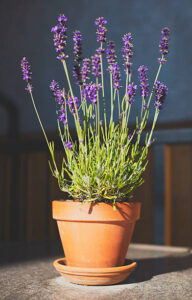
Lavender is known for its calming effects and gentle antiseptic properties. It can be used in teas, essential oils, or baths to reduce stress and soothe minor cuts. Lavender also attracts pollinators, which benefits your garden overall.
Tip: Trim flowers before full bloom to encourage continuous growth and fragrance.
4. Echinacea – Immune Support
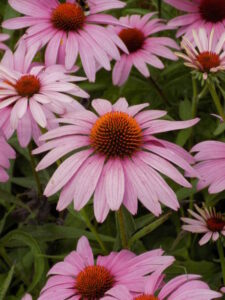
Echinacea is excellent for boosting immunity and helping the body fend off colds and infections. Its purple flowers also add beauty to your garden. Both leaves and roots can be used in teas and tinctures.
Tip: Plant in full sun and well-drained soil for best growth.
5. Lemon Balm – Digestive and Mood Support
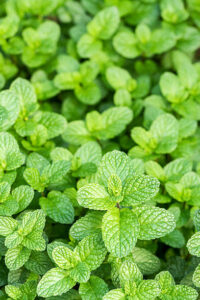
Lemon balm is gentle yet effective. It helps with digestion, relieves stress, and promotes sleep. It’s an easy-to-grow herb for your healing herbs garden and adds a refreshing lemon scent to your outdoor space.
Tip: Grow in a container if you want to control its spread.
6. Calendula – Skin Care
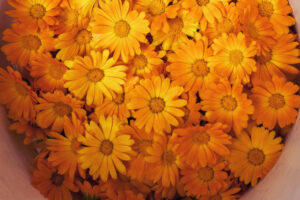
Calendula is a natural remedy for minor cuts, skin irritations, and inflammation. Its bright flowers can be used to make soothing salves or teas. Planting calendula in your garden adds both beauty and practicality.
Tip: Harvest petals when fully open for maximum potency.
7. Holy Basil (Tulsi) – Stress Relief
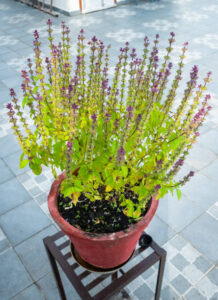
Holy basil is an adaptogen that helps the body manage stress while supporting immunity. Fresh leaves can be brewed into tea or added to remedies for a natural health boost.
Tip: Tulsi grows well in sunny spots and can also thrive in pots indoors.
8. Rosemary – Respiratory and Memory Support
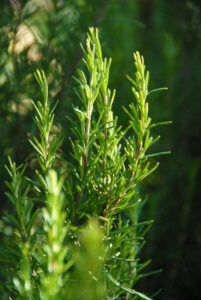
Rosemary is a hardy herb that supports memory, circulation, and respiratory health. It’s perfect for both culinary and medicinal uses and grows easily in sunny areas with well-drained soil.
Tip: Prune regularly to maintain a bushy, aromatic plant.
9. Ginger – Digestion and Anti-Inflammatory
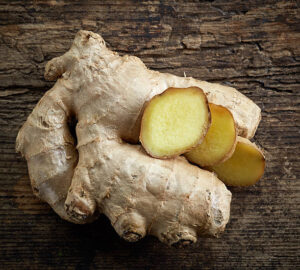
Ginger is a warming herb that helps digestion, reduces nausea, and has anti-inflammatory properties. It grows well in pots or garden beds in warmer climates and can be harvested as fresh root for teas, cooking, or remedies.
Tip: Plant rhizomes in rich, moist soil and keep them protected from frost.
Tips for Growing a Practical Medicinal Garden
- Start with a few key herbs and expand as you gain confidence.
- Ensure most plants get 6–8 hours of sunlight daily.
- Use well-drained soil to prevent root rot.
- Harvest leaves and flowers at their peak for maximum potency.
- Rotate plants and prune regularly to encourage healthy growth.
Conclusion
Growing these nine medicinal plants gives you natural remedies for everyday ailments, a beautiful garden, and easy access to wellness at home.
From chamomile to ginger, each plant offers unique benefits that make your garden a personal health resource.
FAQs About Medicinal Plants for Everyday Ailments
Q1: Can these plants be grown indoors?
Yes! Many herbs like chamomile, peppermint, and lemon balm thrive in pots with sufficient sunlight or grow lights.
Q2: How soon can I harvest herbs?
Most herbs are ready in 6–8 weeks, though flowers like chamomile or calendula may need to bloom first.
Q3: Are these plants safe for daily use?
Generally, yes, but always check individual herb safety if pregnant, nursing, or on medication.
Q4: Do I need a large yard to grow these plants?
Not at all! A small balcony, patio, or container garden can accommodate a functional healing herbs garden.
